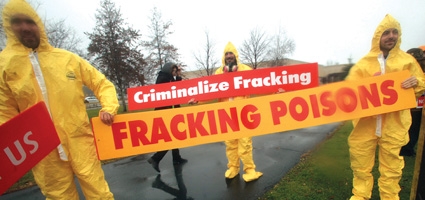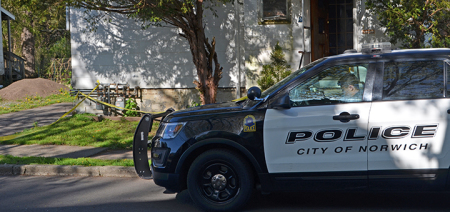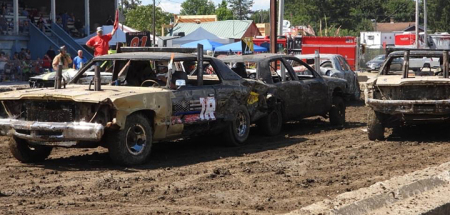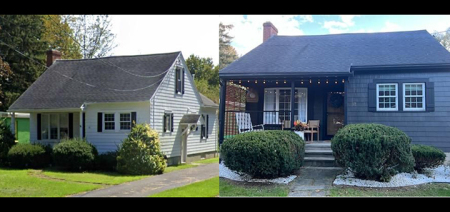State's Gas Drilling Hearings Move To The Catskills
Published:
November 30th, 2011

LOCH SHELDRAKE, N.Y. (AP) — Landowners eager to cash in on natural gas leases implored New York state regulators to swiftly clear the way for hydraulic fracturing while other residents, farmers and environmental groups called for a ban on the technology at a public hearing in the Catskills on Tuesday.
Supporters insist that the practice known as fracking has a long track record of safety. Opponents fear contamination of water supplies and note that the state’s ban on gas drilling in the New York City and Syracuse watersheds demonstrates that environmental regulators consider it risky as well. Fracking stimulates shale gas wells into production by injecting millions of gallons of chemical-laced water into the well shaft to fracture rock a mile underground, freeing trapped gas.
The Department of Environmental Conservation is taking comment until Dec. 12 on its 1,537-page environmental review and proposed regulations for gas drilling and fracking in the Marcellus Shale, the nation’s richest natural gas field, which underlies southern New York, Pennsylvania, and parts of Ohio and West Virginia. About 500 people attended the DEC’s third public hearing on the proposal Tuesday. A large turnout is expected at the final hearing, to be held Wednesday in New York City.
Carl Chipman, supervisor of the town of Rochester in Ulster County, told the agency at Tuesday’s hearing that the agency doesn’t have enough staff to properly oversee gas drilling because hundreds of staff members have been laid off due to state budget cuts in the last few years. “DEC has been gutted by the governor,” Chipman said.
Another town supervisor, Jim Greier of Fremont, said the state’s track record for natural gas development was excellent, and after 3 1/2 years of environmental study, “it’s time to move forward.” The state has had a moratorium on natural gas permitting since the environmental review began in 2008. “What’s wrong with drilling gas wells on school property with the profits to finance our school system and ease the burden of all taxpayers?” Greier said.
Keitha Capouya, Meredith town supervisor, was among a number of people who criticized the agency’s study for not including a study of the cumulative impacts of thousands of gas wells on health and socioeconomic problems. “The consequences of mistakes in hydrofracking are immense,” she said.
Cora Edwards, a Sullivan County legislator-elect, said the state’s proposal doesn’t adequately address radioactive emissions and waste from natural gas drilling in shale.
Albert Larson of Livingston Manor, member of a landowners association negotiating gas leases, spoke in favor of drilling. “In Texas, the beef cattle graze around drilling rigs,” Larson said. “We eat their beef, and they drink their water. In Kansas they have thousands of acres of corn with drilling rigs in the middle. We eat their corn, and they drink their water. In North Dakota, they’re drilling, and they’ve gone from high unemployment to the lowest unemployment rate in the country. And they drink their water.”
George Koury of Olive in Ulster County asked who was going to pay for health problems that might arise from gas development, and criticized politicians for taking contributions from the oil and gas industry.
Fly-fishing guide John Armstrong, a member of Frack Action, a group opposed to drilling, said gas development was incompatible with the hunting and fishing economy. “We have the finest trout streams in the country,” Armstrong said. “Nobody’s going to come to this region if it’s contaminated by thousands of trucks per well, by flares going up from the wells.”
An industry group, the Independent Oil & Gas Association of New York, submitted written comments that criticized the proposed regulations as “arbitrary,” saying restrictions will limit opportunities for communities to prosper from gas development. The organization said smaller companies that operate on tighter margins would not be able to drill economically in New York because of the high cost of complying with the proposed regulations.
Comments








